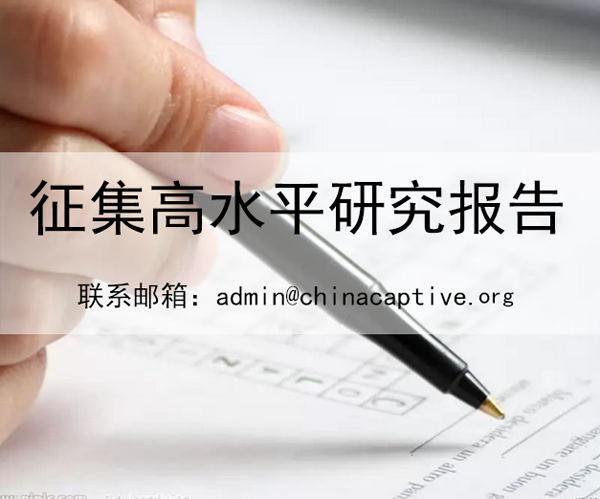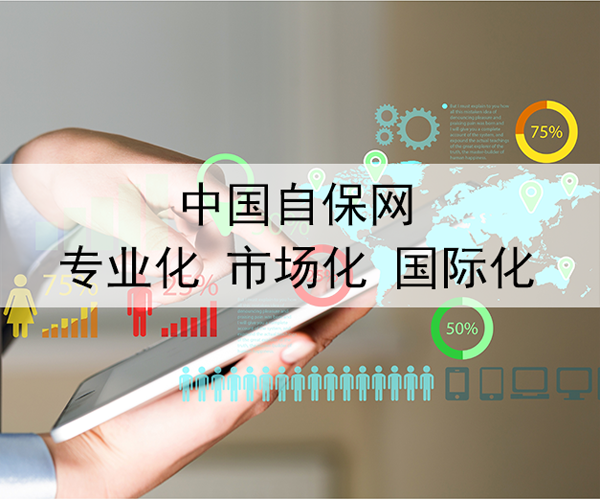The Ministry of Culture and Tourism issued the "Spring Holiday 2018 Guide" is expected this year qingming, 51, dragon Boat Festival and other three spring holidays, the country is expected to receive 339 million visitors, to achieve domestic tourism income of 167.7 billion yuan.
Everyone was eyeing the cake. Meituan taxi joined market from Nanjing into Shanghai, and plan to open seven city, drop drop pull more than 30 vehicle business platform, announced the establishment of "Torrent Alliance." Caocao car under the Geely Cars quietly goes north, the tick-tock car raged threat drivers to choice two in one. Price dispute and saliva war, travel field never lack of topic.
What is overlooked is that, behind this lively, new insurance requirements have emerged. In recent years, such as who to pay the dispute of the accident medical expenses of a sharing car platform repeatedly in the newspapers.
Both the platform and the passengers have their own concerns, including concerns about items, people, and liability, which, by insurance, are worries about the uncertainty of the loss of a particular risk.
Security is the bottom line of shared travel. Insurance as a social "stabilizer" and "economic booster", in the rapid development of shared travel in the present, the inevitable participation in which to ensure the safety of travel. Lloyds Bank, one of Britain's four private banks, released a survey in early April this year, showing that about 68% of Chinese consumers believe the benefits of using a shared economy outweigh the risks. This ratio is higher than that of US consumers, indicating that China shares the potential for economic consumption.
But the willingness to buy insurance is lower than that of American consumers, suggesting that consumption habits are at an early stage. "The shared economy itself creates a whole new risk landscape, with many unproven assumptions about who should manage risks and responsibilities, but cannot underestimate the importance of insurance."said Trever Menade, head of innovation at Lloyd's Bank.
Shared travel insurance is still a blue sea, but a pioneer has begun to compete.
The insurance demand that is easy to be underestimated under the sharing economy The second decade of the 21st century, the advent of the Internet 3.0 era, along with the rapid development of mobile Internet, the concept of shared economy gradually popular.
From the sharing of short rental Airbnb, shared travel Uber, to the Chinese market drops of taxi, ofo, motorcycle and so on, the sharing of the economy is fully penetrated into every traditional subdivision area. 2017, a total of 190 share of economic enterprises in the country to obtain financing, financing of about 115.95 billion yuan. These enterprises are distributed in 11 hot fields, such as sharing bicycles, sharing automobiles, and sharing charging treasure.
Among them, the Super unicorn drop off in the field of shared automobiles gained 9.5 billion US dollars (about 62.7 billion RMB) in 2017, and became the share economy enterprise with the highest financing amount this year. Shared travel as a typical representative of the sharing of economic development momentum is rapid.
Lloyd's report predicts that the economic value of sharing the economy by 2025 is expected to increase from $15 billion trillion in 2014 to $335 billion trillion.
The new social economic model has led to the birth of new consumer demand. As the shared travel is gradually accepted by users, and the usage rate increases rapidly, a series of problems and disputes erupt. The external intuitive feeling is related to the increase in the number of disputes reported, there are local media reports a typical case: Ms. Zhang used a travel platform to take a taxi, but in the course of the car accident, the vehicle collided with the other two vehicles, resulting in the car on the injury, Ms. Zhang treatment of a total cost million yuan. The driver bears all the responsibility for the accident, as determined by the traffic Police Department.
After the incident, the driver paid for Ms. Zhang's medical expenses, then refused to pay for other losses, hence a dispute. The most controversial point of the case is the responsibility of drivers, passengers and platforms respectively.
The reason why similar disputes in recent years, a major reason is that in the new business model under the new responsibility, but the relevant laws and regulations can not fully cover these new disputes, there is a defined "gray zone."
Risk, the general consensus of the industry is that no matter the platform or the user or the driver, can use the insurance mechanism to properly solve.
The origin of insurance comes from risk sharing, share essence, and also an important channel to improve the level of guarantee and quality of life. In the area of shared travel, once a dispute involving more than one responsible party, if the accident caused the user personal accident injury, property loss, disputes or other risks, the responsibility of who to bear is very easy to dispute.
The responsibility of the claim is ambiguous, which will cause the trust crisis of the platform and form the negative influence in the user.
The business model of shared travel is constantly innovating, and some accidents often affect the promotion of new business models.
Therefore, shared travel needs to work with insurance to form insurance solutions to deal with these risks, reduce liability disputes and prevent trust crises from occurring.
New and old shocks, shared travel This cake is doomed to be hard to chew
Car insurance is available in the travel market. Although not nearly 10 trillion of the public offering fund size, but the car insurance market every year also has a huge 700 billion. Data show that, from the scale of premiums, 2016 National insurance premiums income of 683.455 billion yuan, an increase of 10.25%.
In the first quarter of 2017, the National Insurance premium income was 179.004 billion yuan, an increase of 6.59%, last year, the overall volume of more than 700 billion.
But the huge car insurance, but does not cover the shared travel.
In the sales channels, car insurance sales and auto sales scene is highly correlated, 4S stores have scene advantages, resulting in 4S stores become an important channel of insurance sales. In the claims, after the accident, according to the insurance liability, insurance companies to the insured and third party accident losses, the insurance company on the one hand to use professional knowledge to judge the loss of the situation, on the other hand to the customer data inspection.
In the case of excess of the insurance payment limit and civil and even criminal liability, the insured person needs to undertake. and shared travel does not have direct contact with 4S shop, make 4S shop sales model is difficult to do.
Compared with the traditional car insurance sales model, shared travel insurance can use the Internet, to mediate, to remove the middle layer of channel costs, directly to convert the premium into consumer protection. Beyond the channels, and more complicated, shared travel involves three main bodies, namely, the demand side of goods or services, suppliers and the sharing of economic platforms. Shared travel is essentially a high intensity fusion of Internet platforms and offline entities.
Platform as a link between supply and demand, through the mobile LBS application, dynamic algorithm and pricing, mutual evaluation system, such as the establishment of a series of mechanisms, so that supply and demand side through the platform for transactions. In the shared travel scene, it relates to the maintenance of the vehicle, the safety of the driver, the safety of the passengers, the infringement of the third party in the course of driving, and the uncertainty of the operation qualification, the driver and the driving vehicle.
This leads to a significant increase in the difficulty of judging responsibility, so traditional car insurance is difficult to adapt to shared travel scenes.
Difficulties and uncertainties coexist, sharing travel this piece of cake is doomed to be difficult to chew.
Source:Huxiao Net 2018-04-30
0
YuanName:
Mobile Number:
Comments…
After your successful submission, our staff will soon be in touch.





